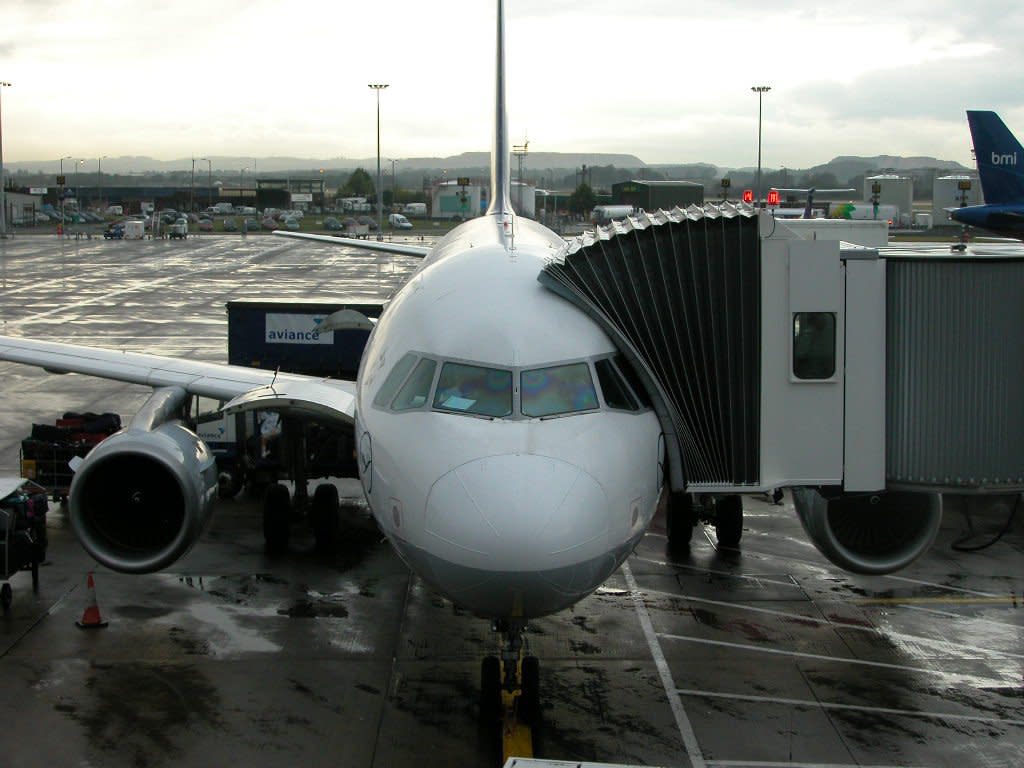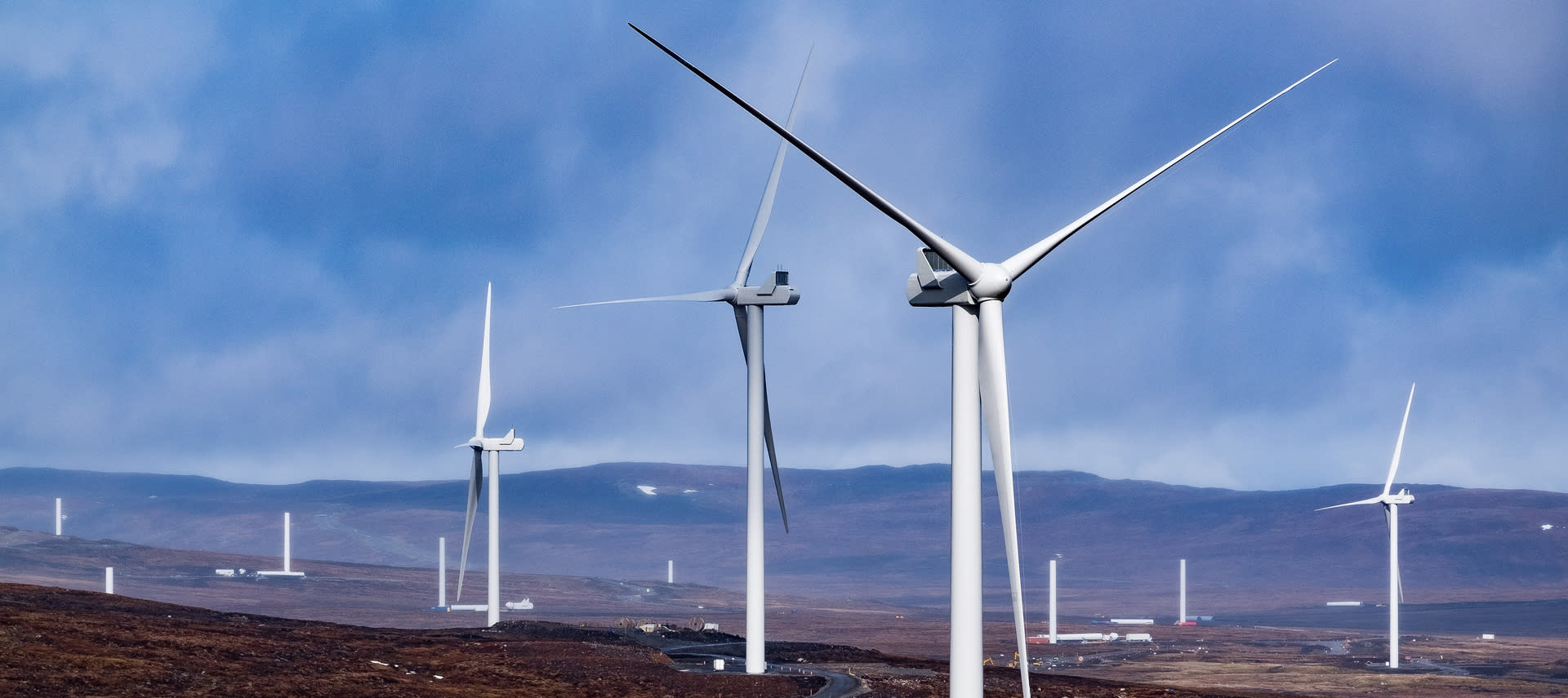Many businesses are already taking steps to become more sustainable and reduce their carbon emissions. The climate crisis has been an increasingly popular topic in recent years and the constant news flow can be difficult to keep up with and digest.
Below, SSE Energy Solutions summarises the top net zero business news stories from the past couple of months.
Staff who work at businesses taking climate action report higher overall job satisfaction

More than half of workers in the UK feel that their company’s action around climate change impacts their job satisfaction.
The survey, conducted by Kite Insights in July 2022, polled more than 1,000 workers in the UK across 15 sectors. Of the respondents surveyed, 93% said that it is important for their motivation in the workplace to feel that they are playing a part in reducing carbon emissions.
Staff engagement on climate change and reducing carbon emissions was a popular topic amongst those surveyed, with 70% saying that they were very interested in training on the subject. Taking this a step further, 45% were even willing to become climate action champions within their teams and businesses.
UK Government announces its Jet Zero strategy

In July 2022, the UK Government presented its Jet Zero Strategy , targeting net zero emissions for domestic aviation and zero emissions for all airports in England by 2040. This strategy builds on the UK’s overarching plan to reach net zero emissions by 2050.
The Jet Zero strategy prioritises largely undeveloped technologies such as sustainable aviation fuels and zero emissions flights. It also includes a mandate that will require at least 10% of jet fuel to be sustainable aviation fuel by 2030. The government’s strategy still aims to continue to support sustainable growth of the UK’s airports and expects passenger numbers to increase by 70% from 2018 to 2050.
International and domestic flights account for 3% of the UK’s greenhouse gas emissions, which may seem small, but airmiles often play a large role in individuals’ and businesses’ carbon footprints.
Advancements towards low emissions materials can support the net zero agenda

The production, use, and eventual disposal of industrial materials like steel, plastics, aluminium and cement account for almost a quarter of all global carbon emissions.
The ‘materials transition’ involves implementing new ways of producing and disposing of materials that minimises the environmental impact. The transition will help the UK meet net zero targets and should involve sharing the technologies with other countries to help with global emissions targets.
Proactive measures are already in discussion in many affected industries, but the process is unlikely to be simple or straightforward. However, the transition in the energy industry has shown that this level of industrial change is possible.
UK responsible for more than 20% of global offshore wind capacity in 2021

According to the Crown Estate , more than one-fifth of the global offshore wind capacity in 2021 came from offshore UK windfarms, an increase of 8% compared to the previous year. This was enough energy to power one-third of UK homes.
China is currently the world leader in offshore wind production following its recent clean energy drive – it now accounts for more than half of the world’s total offshore wind capacity.
The UK Government made a commitment to host 40GW of offshore wind by 2030, which is more than three times the amount that the UK produced in 2021.




